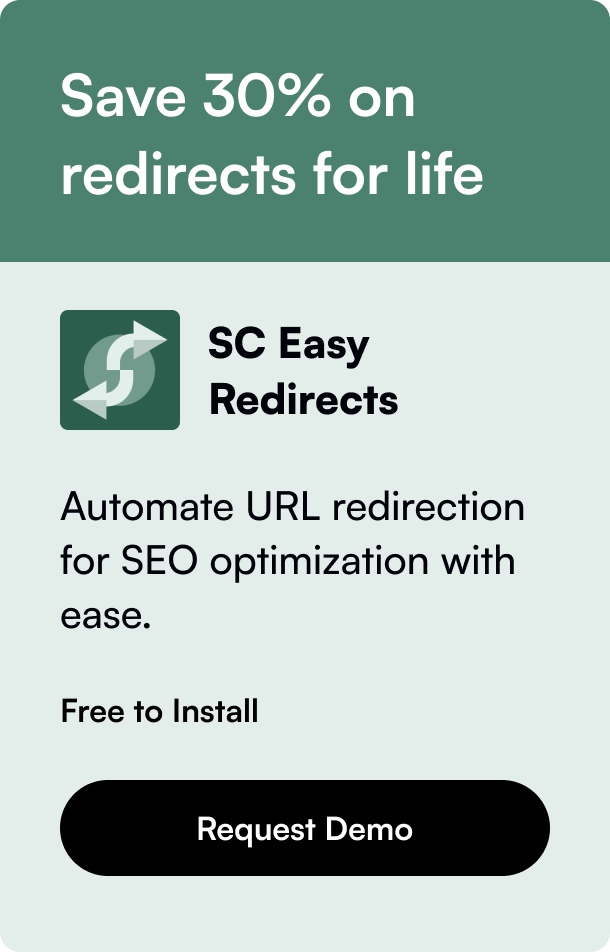Table of Contents
- Introduction
- How Facebook Pixel Benefits Your Shopify Store
- Step-by-Step Guide to Setting Up Facebook Pixel on Shopify
- Frequently Asked Questions
- Conclusion
Introduction
Are you looking to track and improve the performance of your Facebook ads for your Shopify store? If so, setting up Facebook Pixel is a crucial step. But what exactly is Facebook Pixel, and how do you implement it effectively? Let's delve into this powerful tool and learn how to integrate it seamlessly with your Shopify site to enhance your marketing efforts.
Facebook Pixel is a powerful analytics tool designed by Meta (formerly Facebook) to help e-commerce business owners track user activity on their websites. By setting up Facebook Pixel on Shopify, you can capture essential data that enables you to measure the effectiveness of your advertising campaigns, optimize them for better conversion rates, and build targeted audiences for future ads.
In this blog post, we will guide you through the process of integrating Facebook Pixel with your Shopify store. We'll also provide tips for maximizing its use, ensuring that your e-commerce business can leverage Facebook's vast advertising platform to its full potential.
How Facebook Pixel Benefits Your Shopify Store
Before we dive into the technicalities of setting up Facebook Pixel on Shopify, it's crucial to understand the benefits this integration offers e-commerce business owners:
- Tracking User Interaction: Facebook Pixel allows you to track users' actions post-ad click, giving you insights into how they interact with your Shopify store.
- Conversion Tracking: You can monitor how well your Facebook ads lead to desired outcomes, such as product purchases, sign-ups, or other actions.
- Retargeting: By gathering data on site visitors, you can retarget shoppers who didn't make a purchase, enhancing the likelihood of converting them into customers.
- Understanding ROI: Knowing which ads lead to conversions and sales helps in calculating the return on advertising spend and making informed budget decisions.
- Lookalike Audiences: Use data to create lookalike audiences; people similar to your current customers, expanding your potential buyer base.
- Ad Optimization: Optimize your Facebook ads to show them to people most likely to take your desired action, thus increasing conversion rates.
Understanding these benefits demonstrates why integrating Facebook Pixel with your Shopify store is a game-changer for your digital marketing strategy.
Step-by-Step Guide to Setting Up Facebook Pixel on Shopify
To set up Facebook Pixel on your Shopify store, follow these detailed steps:
Step 1: Creating a Meta Pixel
- Go to your Facebook Ads Manager.
- Under the 'Events Manager' tab, select 'Pixels' and click on the 'Create a Pixel' option.
- Follow the prompts to create your Meta Pixel. Choose a name for your pixel and enter your Shopify store's URL.
- Once created, you'll receive a Pixel ID unique to your store.
Step 2: Integrating Pixel with Your Shopify Store
- Log in to your Shopify admin panel.
- Click 'Online Store', then 'Preferences'.
- Scroll down to find the 'Facebook Pixel' section.
- Input your Pixel ID and hit 'Save'.
Step 3: Confirming Pixel Integration
- Use the Pixel Helper tool from Facebook, or head back to Facebook's 'Events Manager'.
- Check if the status shows "Active" indicating successful integration.
Frequently Asked Questions
Q: How long does it take for Facebook Pixel to start collecting data? A: Once set up, Facebook Pixel starts collecting data immediately. However, it might take some time for enough data to be collected to make meaningful insights.
Q: Can I track specific events with Facebook Pixel on my Shopify store? A: Yes, Facebook Pixel allows you to track customized events beyond the default actions.
Q: What if I want to track conversions from a specific advertising campaign? A: You can set up custom conversions within Facebook Pixel to track specific campaign outcomes.
Q: Is there a cost associated with using Facebook Pixel? A: No, Facebook Pixel is a free tool provided by Meta.
Q: Can I use the same Facebook Pixel for multiple Shopify stores? A: It's recommended to use a separate Facebook Pixel for each Shopify store to ensure accurate data tracking.
Conclusion
Setting up Facebook Pixel on Shopify is a straightforward process that opens up a wealth of possibilities for inflating your online advertising strategy. By meticulously implementing and utilizing Facebook Pixel, you can vastly improve your chances of reaching your target audience, tuning your marketing efforts, and ultimately boosting sales and revenue for your Shopify store.
Remember that effective use of Facebook Pixel involves ongoing analysis and optimization. Keep an eye on your Pixel's data to continually refine your Facebook advertising campaigns for better performance. By doing so, you can ensure that your e-commerce business uses Facebook's sophisticated advertising tools to its full advantage.







